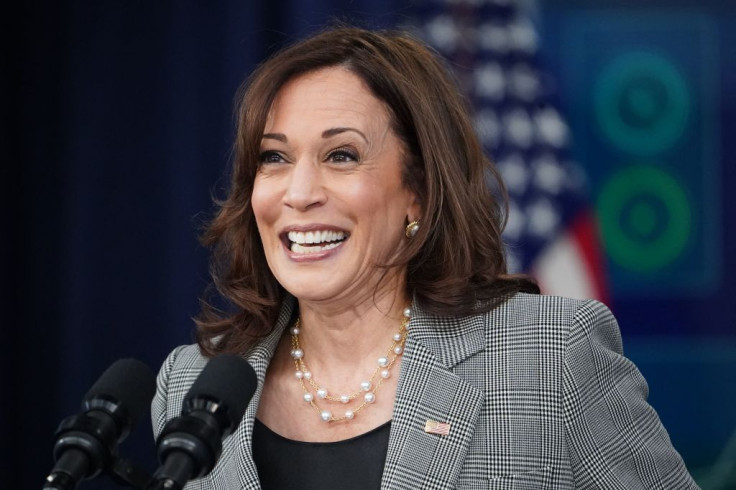
As Kamala Harris has been steadily gaining popularity among Latino voters, especially in battleground states, a new report reveals that she is still lagging behind the historic Latino-voter threshold Democrats have needed to win the presidency in the past 50 years.
The analysis provided by Axios, explains that over the last half century Democratic presidential candidate have usually needed to secure at least 64% of the Latino vote to win, while Harris' support currently sits along the mid-to upper-50s. As Latinos today comprise nearly 20% of the U.S. population, their support is crucial for both parties' chances of victory come November.
Historically, Axios explains, Latino voters have supported Democratic candidates, although the degree of this support has varied. For example, Jimmy Carter won 76% of the Latino vote in 1976, but his support dropped to 56% in 1980. In 1996, Bill Clinton rode a solid economy to re-election, capturing 72% of the Latino vote.
More recently, Barack Obama maintained strong Latino support, never dropping below 67% in his presidential campaigns. In contrast, Al Gore and John Kerry received lower levels of Latino support in their respective elections and were unsuccessful in their bids for the presidency.
Harris' lead among Latino voters is also not as strong as her predecessor Biden was in his 2020 race against Trump. Exit polls from 2020 show that Biden averaged 60.7% of the Latino vote across seven swing states finishing with an overall 65% support from Latinos, to Trump's 37%. Harris, then, is currently performing 5 points worse than Biden did in 2020, while Trump appears to be maintaining his level of support among the demographic.
Harris has, however, improved over President Biden's polling numbers earlier in the year as Trump was pulling close to Biden among Latino voters, narrowing the gap to a mere 7-point difference according to an ABC News/Washington Post/Ipsos poll back in mid July. Former President Trump has attracted some of these Latino voters through his economic policies, opposition to abortion, and stance on illegal immigration.
The reason behind this shift has to do with how Latino concerns have shifted as the composition of the Latino population has evolved in the last few years. "Latino vote is very different than it has been at any time in the past 30 years that I've been working on it", said political analyst Mike Madrid to The Latin Times back in April, adding that "about 80% of all new Latino registrants are US born or are second or third generation English dominant or English exclusive. We're the fastest part of the blue collar workforce. We're starting to vote more like White, non-Hispanic White, blue collar workers."
© 2025 Latin Times. All rights reserved. Do not reproduce without permission.




